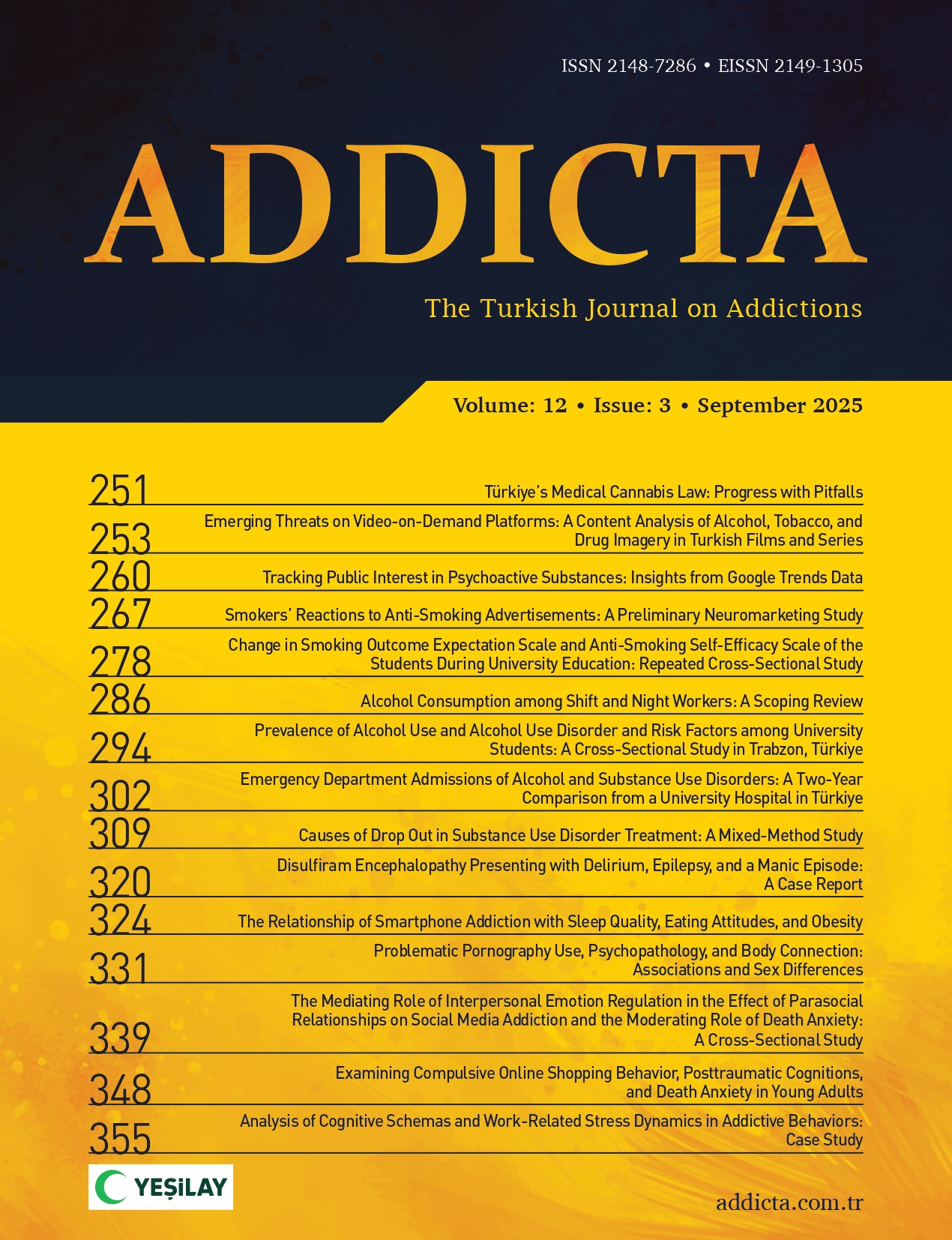Social networks are very widely used in today’s world. Although the use of social networks contributes to individuals’ lives by improving communication opportunities, excessive use gives increasing rise to addiction related problems. The purpose of this study is to develop a valid and reliable Social Network Addiction Scale (SNAS) covering scientific indications of addiction. With the help of a valid and reliable Turkish measurement tool, the problematic use of social networks in society can be revealed and individuals can gain awareness about social network addiction. There were 285 participants in this study. The vast majority of participants were university students and graduates (n = 267). A comprehensive literature review revealed the main components of social network addiction to be salience, mood modification, tolerance, withdrawal symptoms, conflict, and relapse. An explanatory factor analysis was conducted following items’ pool creation process. The factor analysis revealed that the final form of the SNAS consisted of 26 items and five factors and explained 63.6% of the total variance. Internal consistency values of the SNAS ranged from .87 to .95 for the whole scale and sub-factors, whereas total correlations between items ranged from .46 to .74. A Confirmatory Index Analysis was used to determine the model’s fit index and Chi-square value (χ2 = 601.849, df = 286, p = 0.00), and were found to be significant.
To cite this article: Karaca, F., Yıldırım, O. G., & Kulaksız, T. (2019). Social Network Addiction Scale development: Validity and reliability study. Addicta: The Turkish Journal on Addictions, 6, 337−360. http://dx.doi.org/10.15805/addicta.2019.6.2.0049

.png)


.png)
.png)